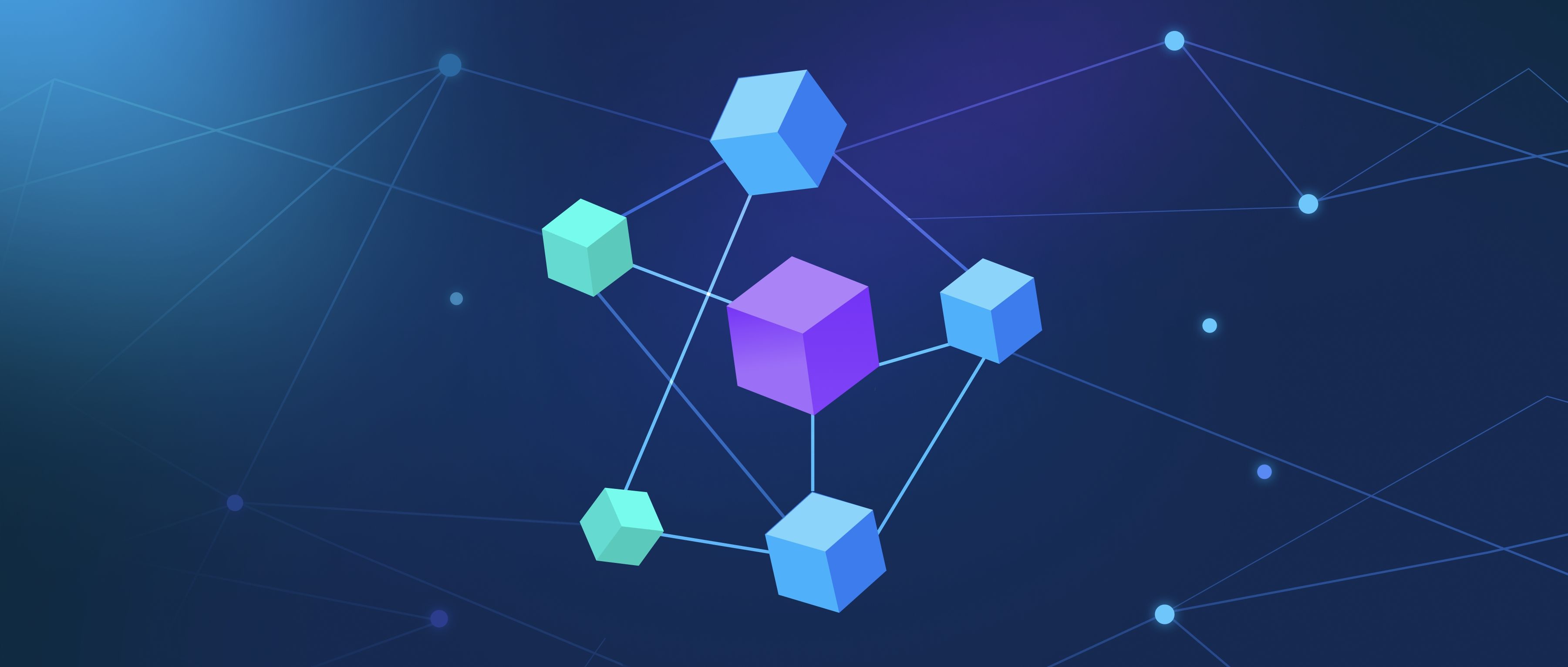Measuring the performance of quantum algorithms involves assessing various metrics that reveal how effectively these algorithms solve a problem or how efficient they are on quantum devices. The most common metrics used include time complexity, space complexity, and circuit depth. Time complexity gauges the number of quantum gates the algorithm requires, while space complexity involves the amount of qubit memory needed during execution. These metrics are essential since quantum computers have distinct capabilities and limitations compared to classical computers.
In practical terms, developers often focus on gate counts, fidelity, and error rates when evaluating quantum algorithms. Gate counts indicate how many operations the algorithm requires, which impacts execution time on real hardware. For instance, if an algorithm needs thousands of gates, it might exceed the practical limits of current quantum computers. Fidelity refers to the accuracy of the quantum states maintained throughout computations, and it has a direct impact on the reliability of the results. Therefore, a high-fidelity gate implementation is crucial for achieving good performance in quantum algorithms.
Lastly, benchmarking against classical algorithms is another critical approach. Developers can implement both quantum and classical solutions for the same problem to compare their performance. By analyzing execution time and resource usage, developers can better understand the advantages and trade-offs of using quantum algorithms. For instance, an algorithm like Grover's search provides a quadratic speedup over classical search algorithms, which can be formally evaluated by measuring the number of queries to the database required. This comparative analysis helps highlight when and why to utilize quantum algorithms in real-world applications.
